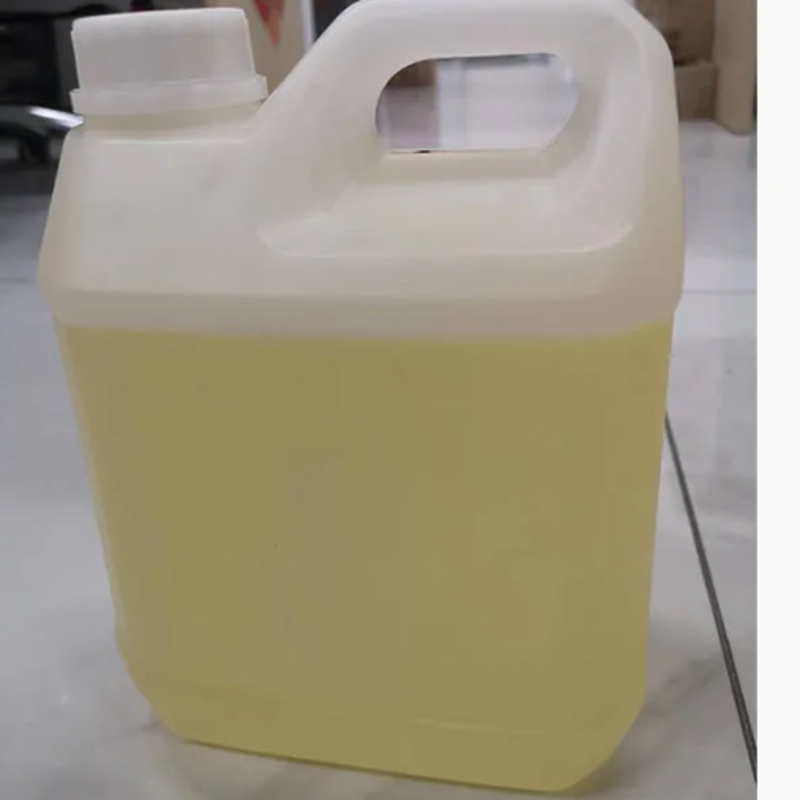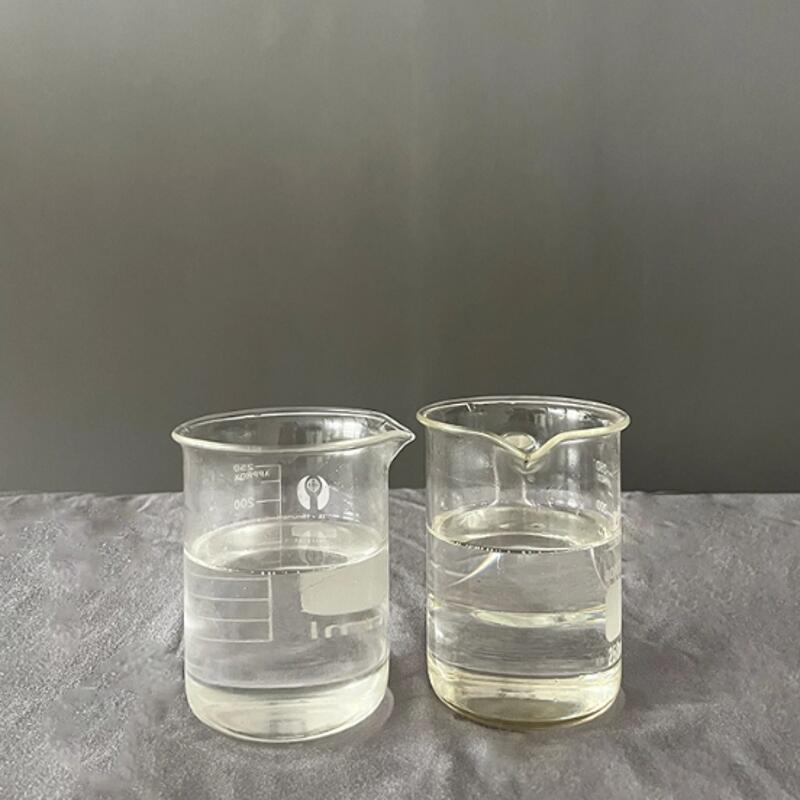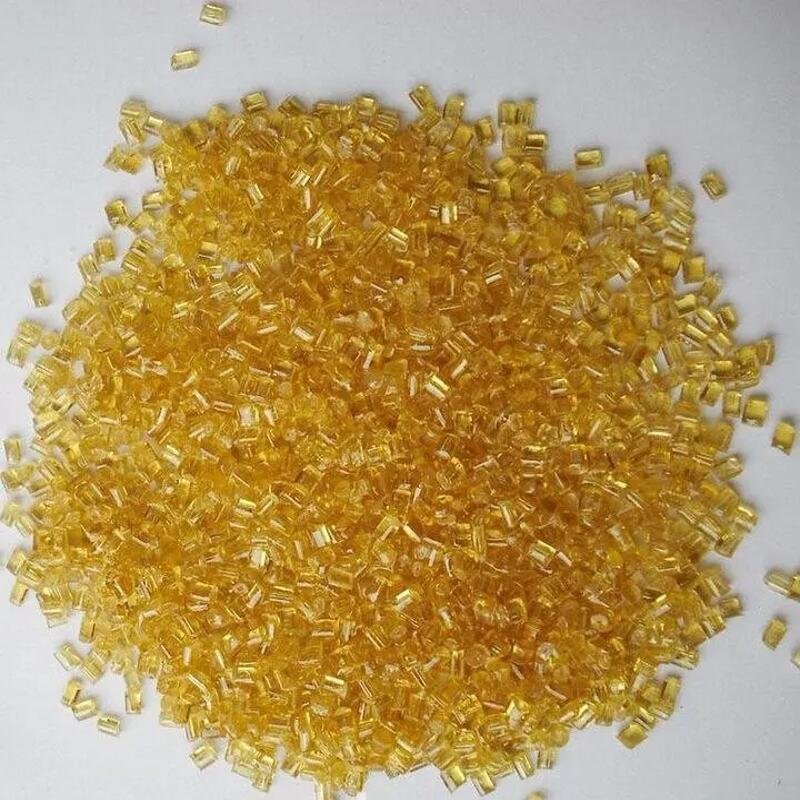-
Categories
-
Pharmaceutical Intermediates
-
Active Pharmaceutical Ingredients
-
Food Additives
- Industrial Coatings
- Agrochemicals
- Dyes and Pigments
- Surfactant
- Flavors and Fragrances
- Chemical Reagents
- Catalyst and Auxiliary
- Natural Products
- Inorganic Chemistry
-
Organic Chemistry
-
Biochemical Engineering
- Analytical Chemistry
-
Cosmetic Ingredient
- Water Treatment Chemical
-
Pharmaceutical Intermediates
Promotion
ECHEMI Mall
Wholesale
Weekly Price
Exhibition
News
-
Trade Service
The EU agrees to impose a new EU tax on plastic packaging waste of €0.
80 per kilogram of non-recycled plastic packaging waste;
● The EU packaging waste plastic tax revenue will be used to repay the loan required by the EU's 750 billion euro economic recovery plan launched in response to the epidemic;
● Because of the shortage of recycled materials and the limitation of recycling technology, enterprises have turned to sustainable solutions such as bio-based and chemical recycling
.
The EU agrees to impose a new EU tax on plastic packaging waste of €0.
80 per kilogram of non-recycled plastic packaging waste;
● The EU packaging waste plastic tax revenue will be used to repay the loan required by the EU's 750 billion euro economic recovery plan launched in response to the epidemic;
● Because of the shortage of recycled materials and the limitation of recycling technology, enterprises have turned to sustainable solutions such as bio-based and chemical recycling
.
The EU agrees to impose a new EU tax on plastic packaging waste of €0.
80 per kilogram of non-recycled plastic packaging waste;
● The EU packaging waste plastic tax revenue will be used to repay the loan required by the EU's 750 billion euro economic recovery plan launched in response to the epidemic;
● Because of the shortage of recycled materials and the limitation of recycling technology, enterprises have turned to sustainable solutions such as bio-based and chemical recycling
.
The EU agrees to impose a new EU tax on plastic packaging waste of €0.
80 per kilogram of non-recycled plastic packaging waste;
● The EU packaging waste plastic tax revenue will be used to repay the loan required by the EU's 750 billion euro economic recovery plan launched in response to the epidemic;
The EU agrees to impose a new EU tax on plastic packaging waste of €0.
80 per kilogram of non-recycled plastic packaging waste;
● The EU packaging waste plastic tax revenue will be used to repay the loan required by the EU's 750 billion euro economic recovery plan launched in response to the epidemic;
The EU agrees to impose a new EU tax on plastic packaging waste of €0.
80 per kilogram of non-recycled plastic packaging waste;
● The EU packaging waste plastic tax revenue will be used to repay the loan required by the EU's 750 billion euro economic recovery plan launched in response to the epidemic;
The EU agrees to impose a new EU tax on plastic packaging waste of €0.
80 per kilogram of non-recycled plastic packaging waste;
● The EU packaging waste plastic tax revenue will be used to repay the loan required by the EU's 750 billion euro economic recovery plan launched in response to the epidemic;
The EU agrees to impose a new EU tax on plastic packaging waste of €0.
80 per kilogram of non-recycled plastic packaging waste;
80 per kilogram of non-recycled plastic packaging waste;
● The EU packaging waste plastic tax revenue will be used to repay the loan required by the EU's 750 billion euro economic recovery plan launched in response to the epidemic;
● The EU packaging waste plastic tax revenue will be used to repay the loan required for the EU's 750 billion euro economic recovery plan launched in response to the epidemic; ●● Because of the shortage of recycled materials and the limitation of recycling technology, enterprises have turned to sustainable solutions such as bio-based and chemical recycling
.
● Because of the shortage of recycled materials and the limitation of recycling technology, enterprises have turned to sustainable solutions such as bio-based and chemical recycling
.
● Because of the shortage of recycled materials and the limitation of recycling technology, enterprises have turned to sustainable solutions such as bio-based and chemical recycling
.
●
A few days ago, members of the European Commission agreed to impose a new EU tax on plastic packaging waste.
According to reports, the new tax is part of the EU's 750 billion euro economic recovery plan in response to the new crown virus epidemic.
The income will be used to repay part of the loan required for the recovery plan
.
The levy will be implemented on January 1, 2021.
The levy will be calculated on the basis of the weight of unrecycled plastic packaging waste, and the tax standard will be 0.
80 euros (equivalent to 6.
4 yuan) per kilogram of waste plastic.
.
As early as May 2018, the European Commission first proposed a plan to levy a tax of 0.
80 euros per kilogram of non-recycled plastic packaging waste to raise 4 billion to 8 billion euros, which can provide 4% of the EU budget.
source
.
Opinions on the levy vary across the EU.
For example, the German environmental group Deutsche Umwelthilfe (DUH) welcomed the levy, saying it was long overdue
.
DUH also believes that the levy is too low to have a real effect
.
"We need tax rates that really make a difference," said DUH director general Jurgen Resch
.
He said there would also be rules to prevent single-use plastics such as plastic bottles, plastic bags and coffee cups from entering the natural environment
.
In addition, the DUH also suggested that rather than taxing unrecycled plastic packaging waste, it would be more effective to tax new plastic in packaging
.
However, there are also industry bodies against the tax, such as last week the German chemical industry association VCI warned against imposing an EU tax on unrecycled plastic packaging waste
.
On the business side, a series of EU legislative measures have prompted the entire petrochemical and packaging industry to set ambitious sustainability targets that go beyond the minimum requirements set by the EU
.
The sustainability goal of many plastic bottle manufacturers is to use at least 50% recycled materials by 2030, or to switch to other materials such as bio-based or non-plastic alternatives
.
However, these materials generally have a greater environmental impact than plastics due to their higher energy consumption, carbon emissions and weight than plastics
.
The EU is currently facing a shortage of recycled plastics, and the shortage of recycled PET materials is the main manifestation, because recycled PET is currently the most used recycled material in Europe and has the most developed market and infrastructure
.
The shortage of recycled materials is related to the fact that recycling rates cannot keep up with demand
.
For example, the PET recycling rate in Europe in 2018 was 63%, but the annual recycling growth rate is less than 3%
.
Additionally, packaging producers using materials such as polyethylene (PE), polypropylene (PP), polystyrene (PS) and polyvinyl chloride (PVC) are looking into switching to other materials, including PET, further exacerbating recycled PET.
Lack of material
.
Because of the high recycling rate of PET, they generally believe that recycled PET materials, especially food-grade PET materials, are in sufficient supply
.
In fact, food-grade granules (FGP) capacity in the plastic bottle market is insufficient, with the current European production of about 300,000 tons/year, accounting for about 9% of the total demand for PET plastic bottles
.
At the same time, to be approved by the European Food Safety Authority (EFSA), 95% of recycled materials must come from food contact grade applications and require complete and reliable traceability throughout the value chain
.
For recycled PET, since its main raw material comes from plastic beverage bottles, it is not difficult to achieve a ratio of 95% at present, but for other recycled materials collected through curbside waste collection programs, due to the complex source, the ratio of 95% is very high.
difficult to achieve
.
ICIS analysis shows that to achieve the single-use plastic recycling target, annual recycling growth rates of 9% are needed, and that doesn't factor in the rising pollution rates in the region
.
According to market estimates, cross-contamination with other plastics, combined with losses during machining, has pushed the average single-use plastic waste rate in Europe from 25% to around 30-35%
.
Material supply shortages, coupled with technical constraints such as material source opacity and loss of material properties, have led many companies to seek other alternatives such as chemical recycling or bio-based materials to meet their sustainability commitments
.







